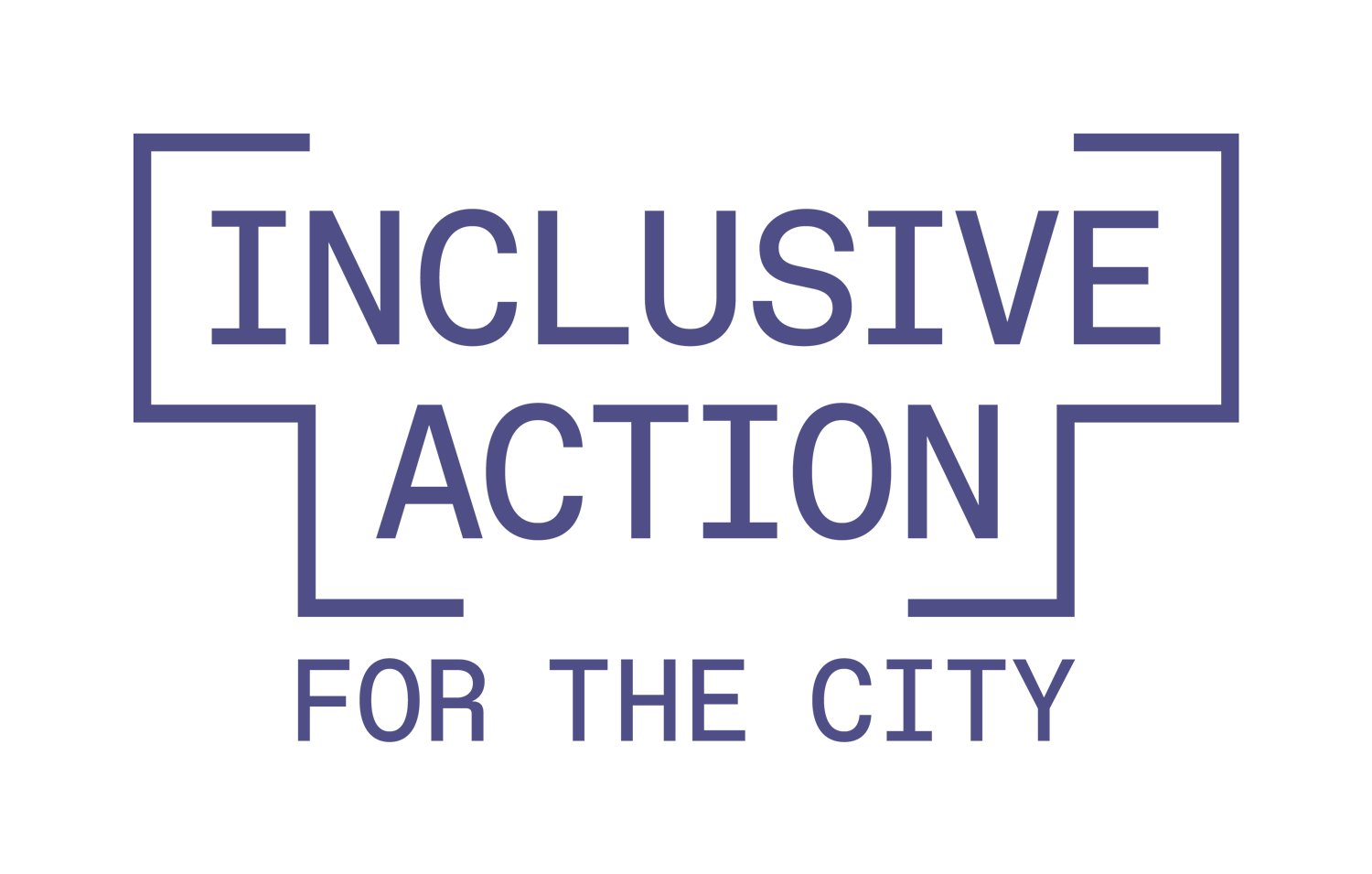Supporting Small Businesses in a Time of COVID-19
Today, the Los Angeles County Board of Supervisors met to discuss a wide range of protections meant to curb the impact of COVID-19 on residents all over Los Angeles County. Everyday, we hear more and more stories of people encountering economic hardship, disputes with landlords, and slowing foot traffic in small businesses. As many of us know, assistance programs are needed now more than ever. We also need to be taking the future into consideration, and building new and better systems that support the people who had not only been left out long before the COVID crisis, but also systematically disenfranchised.
A motion proposed today by Supervisor Mark Ridley-Thomas aims to support small businesses by establishing the COVID-19 Business Assistance Program (COVID-19 BAP). This program can provide an important layer of support to small businesses and vulnerable people who cannot access resources provided by the federal government. The motion comes on the heels of a variety of different initiatives that the County is putting forward through the Department of Consumer and Business Affairs, such as the Emergency Rental Assistance programs passed today, the forthcoming Relief Fund (which includes the COVID-19 BAP), and the Disaster Help Center.
We strongly believe that any initiative to support low-income communities of color must have sound program design, a community-based delivery strategy, and a foundation of equity. Drawing from our own experience as a small business lender and the expertise of groups like the California Reinvestment Coalition and Little Tokyo Service Center, we think the following actions should be taken to make the COVID-19 BAP more equitable and fill in gaps left by federal assistance programs:
Decentralize how the money gets to workers and small business owners. The County should really lean on the Community Development Financial Institutions (CDFIs) and Community Based Organizations (CBOs) to distribute money. This will ensure that communities of color, especially those hardest hit, will receive much of the money issued and will receive it quickly.
Ensure that technical assistance plays a major role in supporting small businesses at this moment. A lot of our clients don't necessarily have the tools to build back up after a hit like this. Ensuring that there is a place to go for TA - outside of the SBA structure - will be very helpful to many. There should be at least two touch-points at 90 days and 120 after the pandemic/emergency status is lifted.
Make payroll relief forgivable. Forgivable debt to landlords and business owners should be contingent upon those benefits being passed down to all tenants and workers, regardless of document status. Using this as a qualifier for forgiveness will ensure that workers are protected and receiving needed money at this detrimental moment.
Protect and prioritize micro-entrepreneurs like street vendors, domestic workers, and day laborers. They have the most to lose and will be doubly burdened in the case that they get any sort of citations for trying to work to pay the bills. We know there is language speaking directly to this in the COVID-19 BAP, but just want to further uplift this point that they are the hardest hit businesses by this emergency, and therefore need explicit protections and programs.
Prioritize businesses/entrepreneurs of color. This is a vital moment to make right some of the many previous policies that have left communities of color out. People of color are hardest hit in economic downturns, so it makes sense to prioritize their needs to get back to where they were while also working towards greater economic stability broadly.
As our local governments step up to face this pandemic and its impacts, it is crucial that we think about our community members who are consistently left out. As we saw with the roll-out of the Paycheck Protection Program program, too often, only those with existing relationships quickly get support. As we build new infrastructure, systems, and programs to support our communities, we must democratize the delivery of services and ensure that the design of our programs meet the needs of small businesses and entrepreneurs hurting the most - and are working towards our vision of economic justice.
